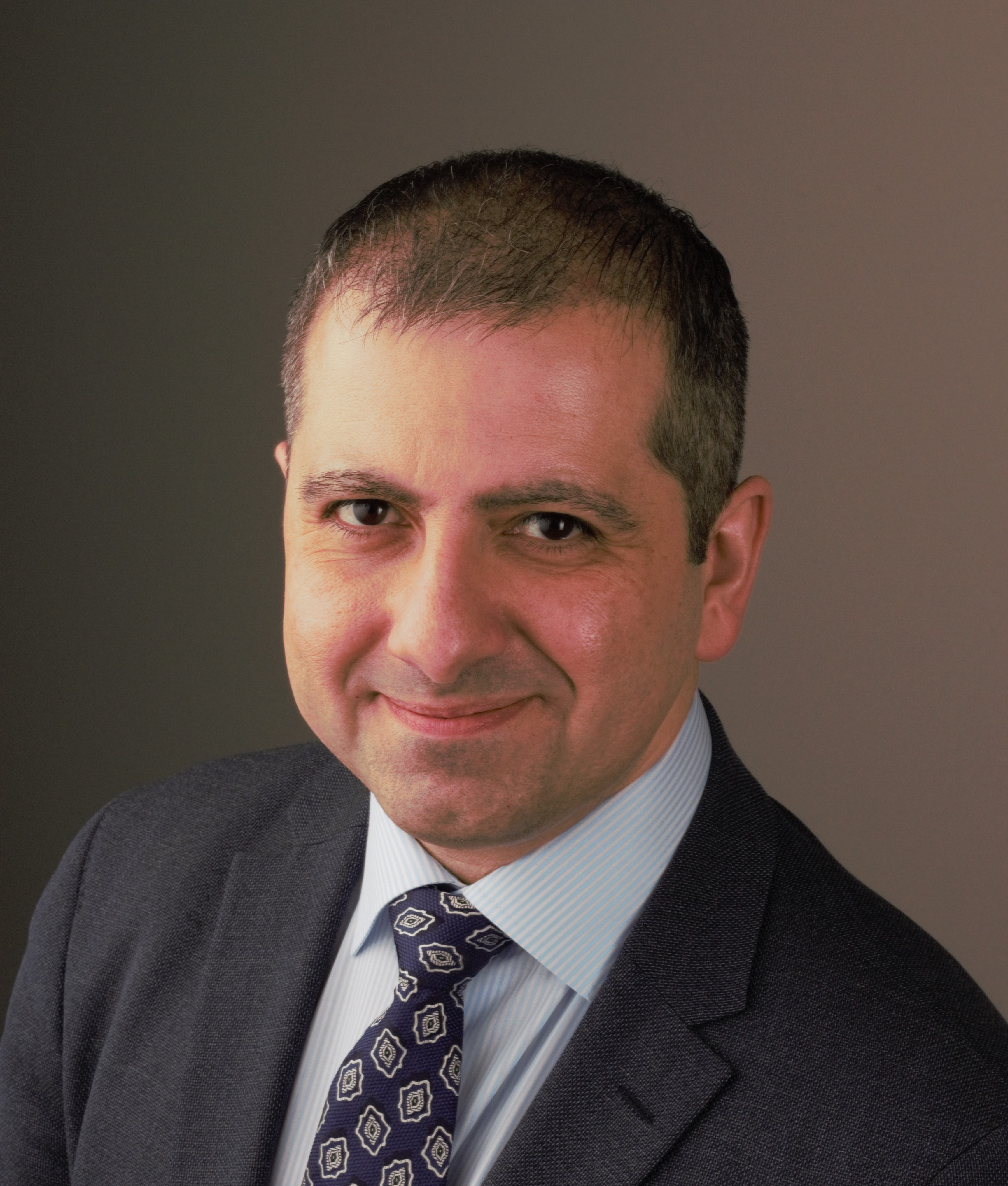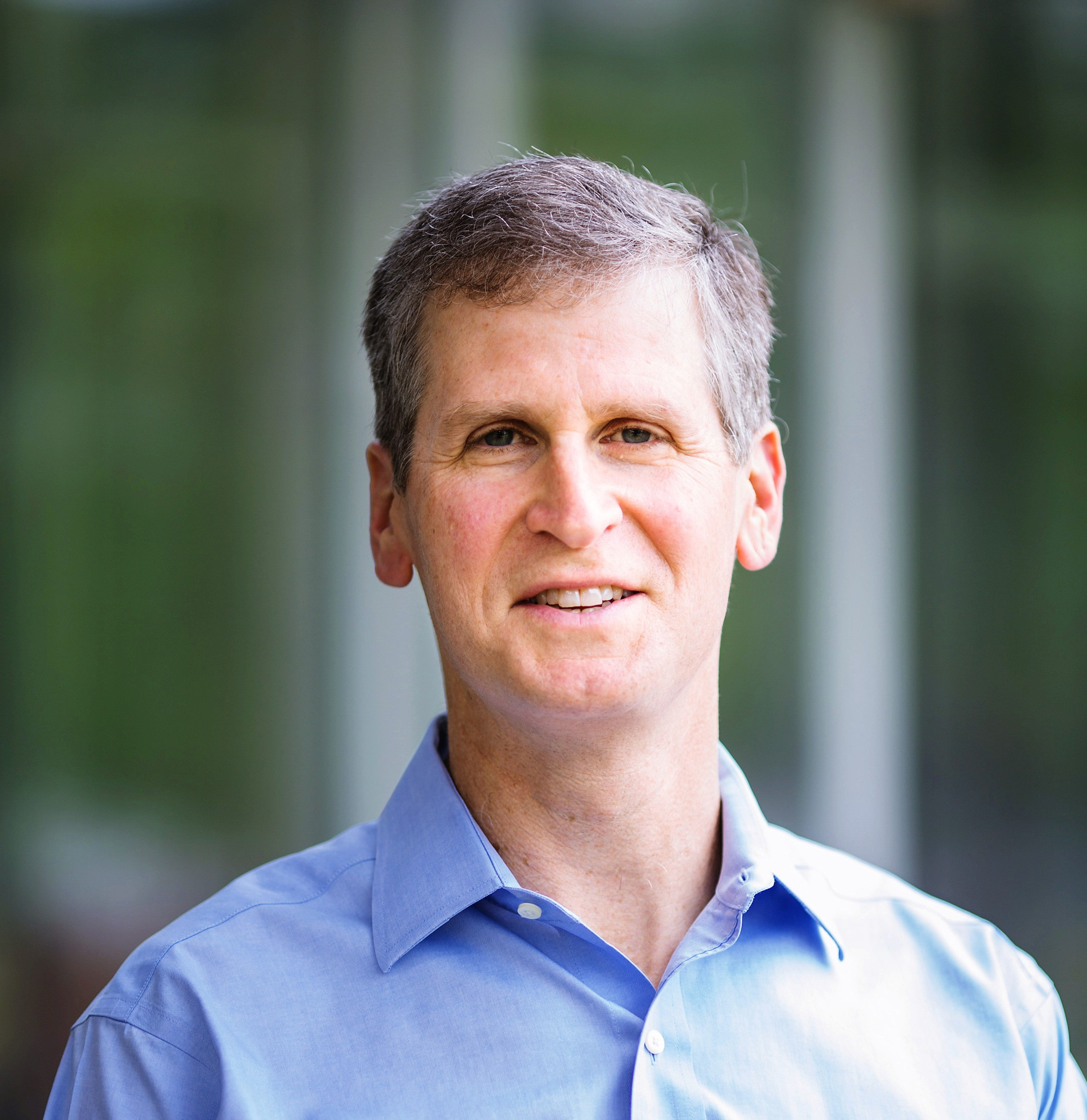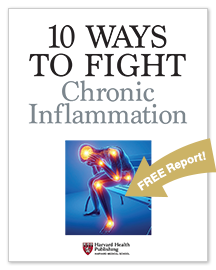
Hemoglobin A1c (HbA1c): What to know if you have diabetes or prediabetes or are at risk for these conditions

What could be causing your blurry vision?

Avocado nutrition: Health benefits and easy recipes

Swimming lessons save lives: What parents should know

Preventing and treating iliotibial (IT) band syndrome: Tips for pain-free movement

Wildfires: How to cope when smoke affects air quality and health

What can magnesium do for you and how much do you need?

Dry socket: Preventing and treating a painful condition that can occur after tooth extraction

What happens during sleep — and how to improve it

How is metastatic prostate cancer detected and treated in men over 70?
Harvard Health Experts and Contributors
List of Experts

Susan Abookire, BSEE, MD, MPH, FACP
Contributor

Steven A. Adelman, MD
Contributor

Marwa A. Ahmed, MD, MS
Contributor

Jessica Allegretti, MD, MPH
Contributor

Joseph Allen, DSc, MPH, CIH
Contributor

Daniel Amponsah, MD
Guest Contributor

Christopher D. Anderson, MD, MSc
Contributor

Sue-Ellen Anderson-Haynes, MS, RDN, CDCES, LDN, NASM-CPT
Contributor

Chika Anekwe, MD, MPH
Contributor; Editorial Advisory Board Member, Harvard Health Publishing

Adjoa Anyane-Yeboa, MD, MPH
Contributor

Wynne Armand, MD
Contributor

Sait Ashina, MD
Contributor

Steven J. Atlas, MD, MPH
Contributor

Parham Azimi, PhD
Contributor

Ashwini Bapat, MD
Contributor

Miriam Barshak, MD
Contributor

Melissa Bartick, MD
Contributor

Elizabeth Bashoff, MD
Contributor

Nicole Baumer, MD, MEd
Contributor

Lisa Bebell, MD
Contributor

Mark Benson, MD, PhD
Contributor

Bonnie Bermas, MD
Contributing Editor

Rachelle Bernacki, MD
Contributor

Aaron Bernstein, MD, MPH
Contributor

Carolyn A. Bernstein, MD, FAHS
Contributor

Hemoglobin A1c (HbA1c): What to know if you have diabetes or prediabetes or are at risk for these conditions

What could be causing your blurry vision?

Avocado nutrition: Health benefits and easy recipes

Swimming lessons save lives: What parents should know

Preventing and treating iliotibial (IT) band syndrome: Tips for pain-free movement

Wildfires: How to cope when smoke affects air quality and health

What can magnesium do for you and how much do you need?

Dry socket: Preventing and treating a painful condition that can occur after tooth extraction

What happens during sleep — and how to improve it

How is metastatic prostate cancer detected and treated in men over 70?


